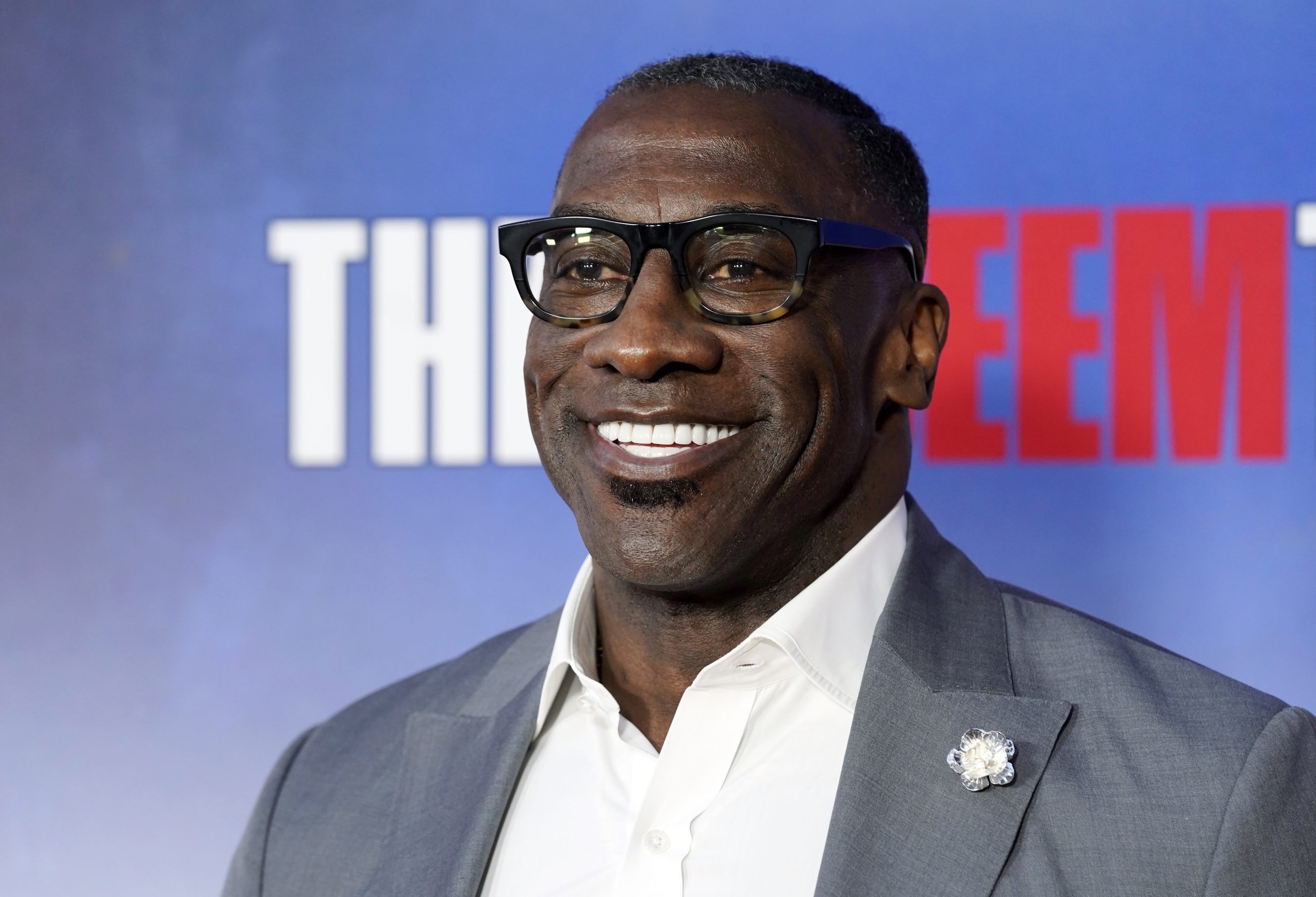Exclusive: When 13-year-old Theo Phillips had an accident on his dirt bike last month, it was nothing new for his parents, who initially chalked it up as yet another trip to the emergency room for their stunt-performing son.
“We’re always at the hospital, at least once every six or seven months, because he’s broken a bone doing bike jumps at the local park, or getting concussion,” Theo’s mother, Lucy Phillips, told 9news.com.au.
Theo’s latest accident seemed relatively minor, compared to his long list of previous injuries, his mother said.
WATCH THE FULL STORY IN 9NEWS PERTH FROM 5PM AWST ON CHANNEL NINE IN WA OR 9NOW.
“It was a little, freak accident. He wasn’t even on his bike at the time. He just literally tripped over his back tire,” she said.
Landing face first on the bike’s handlebars, the brake lever pierced the roof of Theo’s mouth and cut his cheek.
Theo’s parents took him to Joondalup Hospital’s emergency room, where a doctor glued together the cut.
As a precautionary measure, the doctor also ordered a CT scan to check his jaw.
The scan uncovered something no-one saw coming: a tumour the size of an orange lodged deep in Theo’s brain.
Incredibly, Theo had not shown any symptoms or warning signs of the massive, 10 centimetre tumour in his brain.
“The doctors were stunned,” Phillips said, adding that it was terrifying to think her son had been “a walking time bomb”.
“They couldn’t believe how big it was — or how he was still out there riding bikes, doing tricks at the skate park, breaking bones, getting concussions.”

It was only later that tests showed Theo had no right-hand peripheral vision, which may well have contributed to his accidents in the past, his mother said.
Doctors believe Theo may have had the rare and benign tumour – called a papilloma choroid plexus – since birth and it slowly grew over his lifetime.
Theo was taken by ambulance to Perth Children’s Hospital, where specialists began preparing for what would become two major brain surgeries — one to remove the massive tumour, and another, just days later, to relieve dangerous pressure caused by bleeding on the brain.
The first operation — a complex eight-hour procedure — took place less than two weeks after the discovery. Surgeons warned Theo’s parents about the risks: paralysis, stroke, impaired speech, or worse.
“They told us if they went even a millimetre the wrong way, he might not make it, or he could be paralysed or lose the ability to speak,” Phillips said.
Theo underwent the marathon brain operation, but, in the hours and days following surgery, it became clear something wasn’t right.
“He didn’t open up his eyes and didn’t know the names of people he knew, like his brother,” Phillips said.
Seven days after the operation, a CT scan revealed a build-up of blood on his brain, and Theo was taken back into surgery — this time for another seven-hour procedure.
“This time he was feeling much better and came around a lot quicker from the first op,” Phillips said.
“He’s starting to remember things and trying to put sentences together now.”
That second operation was a fortnight ago. Within a week, Theo’s energy had returned — briefly.
“He was up and trying to play basketball at the hospital,” Phillips said. “And then after that, he said, ‘Oh, I feel really dizzy.'”
While Theo was up eating and drinking, and still recovering slowly, his progress had been set back by an infection, she said.
Thankfully, Theo was able to come home from the hospital on Tuesday, but her son now faces a long and uncertain recovery with a lot of rehabilitation, Phillips said.
The teenager is still in pain and having trouble finding words and forming sentences.
However, Phillips said she and her husband were overwhelmed by their son’s strength.
“He’s still got a long way to go, but we’re just so incredibly proud of him,” she said.
“He’s been unbelievably brave through all of this.”
Do you have a story? Contact reporter Emily McPherson at emcpherson@nine.com.au
